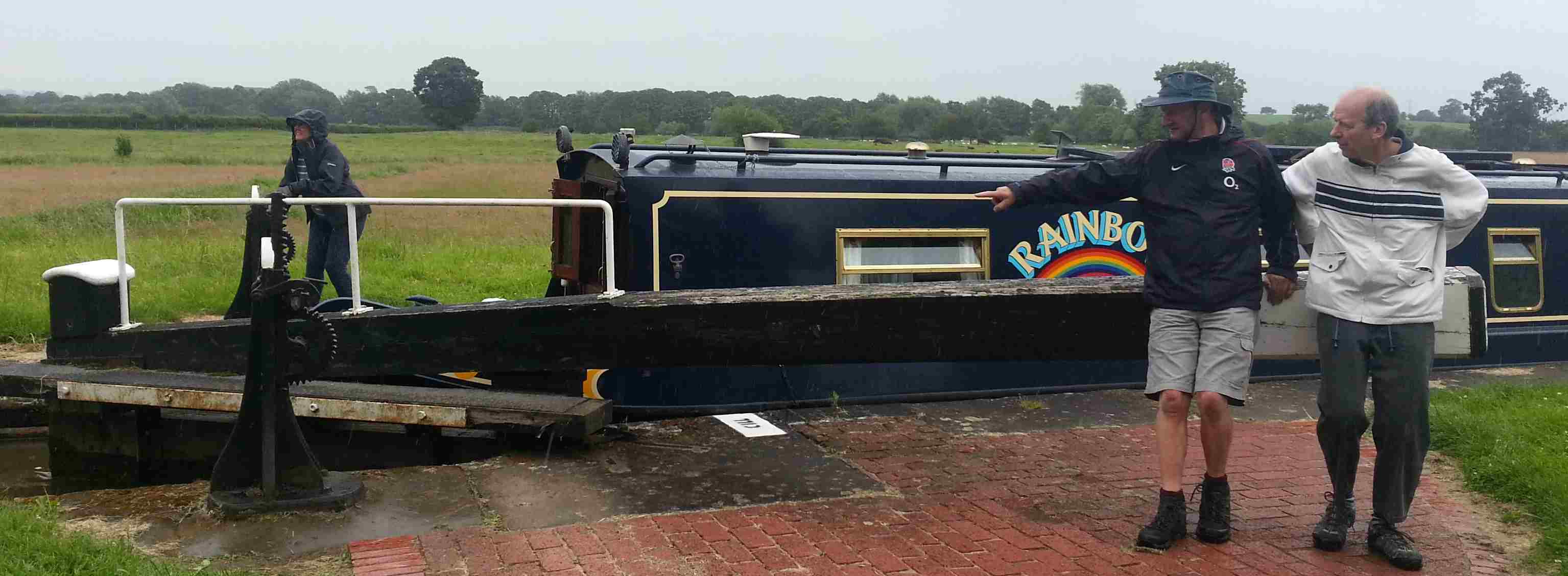A Month of Meetings.
Chair Anne Husar reflects on the month Such is the lot of a chairperson as the calendar fills with some face to face but mainly online meetings these days. Convenient if chancy with the capricious wifi at our mooring, they remain a great way to maintain NABO’s reputation for keeping current boater issues on the […]
Money, Money, Money
Editor John Sadler on funding For anyone who read last month’s editorial it seems I might have put too much trust in the veracity of information published. A letter by Iain Street correcting some of the misconceptions is published in the letters section. It’s no surprise as I’m writing, accompanied by the gentle patter of […]
NABO News on line
NABO News back copies are available to read by non members. See this link for the library here The latest colour edition of NABO News is only available online to NABO members who have registered on the website. Members can log in and then open the pdf file on the Members/NABO News latest edition. That gives NABO members advance access […]
Seven Trent Water don’t want toilet blue.
Severn Trent Water, which operates many wastewater treatment plants in the Midlands, has started banning tankered elsan waste which contains formaldehyde. Other water companies are likely to follow. Boats with a pump out should have no need to add chemicals to their tank (unless it is a drop through). But the majority of boats, as […]
CRT Boater survey 2024
CRT have asked a third of boat licence holders to take part in this year’s survey. There’s no space to expand on the tick box questions or comment apart from a box at the beginning of the survey so please make good use there. New to the survey questions is the reference to the influence […]
CRT boat licence T&C’s revised.
CRT have issued revised terms which will apply to licenses issued on and after 1st April. The terms from 2023 apply to existing licences until they are renewed. Our Chair spotted a rather important error in the document (yes, I too thought it might have been a prematurely timed joke). The first version stated there […]
Chairmans column January 2024
Looking back, looking ahead Chair Anne Husar reflects on a sunny winter’s day As I write this, there’s a beautifully clear blue sky from which the sun is streaming in through the portholes, warming the boat even though outside there’s a smattering of snow on the towpath. The canal contains plenty of water and there’s […]
NABO News editorial January 24
A tale of two countries Editor John Sadler goes north I made a road trip last year to Scotland, spending the first night at The Kelpies, by the canal, and returning after a few days further North to the Falkirk Wheel. Of course I had to experience the canal lift. In the speech that accompanied […]
CRT response on new Privacy terms
CRT changed their privacy documents in late 2023. You can see them here: https://canalrivertrust.org.uk/the-publication-scheme/making-a-request-for-information/privacy-notice We have asked under FOI for an explanation of the basis for the change and they have provided this statement: • The current privacy document changed name from “privacy policy” to “privacy notice” to ensure consistency with ICO terminology, to be […]
NABO News 2024
NABO News – Issue 6 of 2024: NABO News – Issue 5 of 2024: NABO News – Issue 4 of 2024: NABO News – Issue 3 of 2024: NABO News – Issue 2 of 2024: 4 Editorial 5 In the Chair 6 NABO News 8 In the Vice-Chair 9 Boaters Reps […]
![]()



